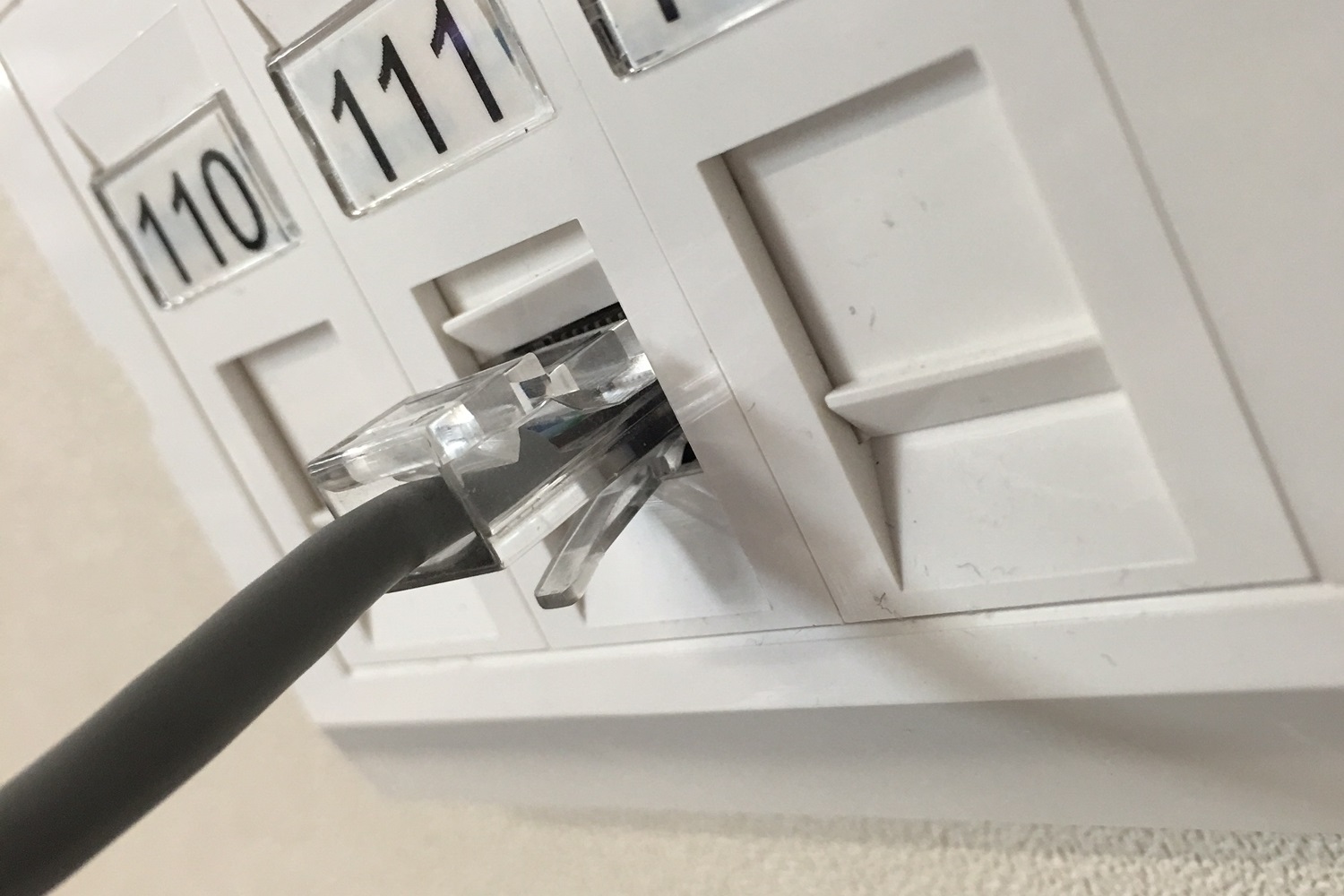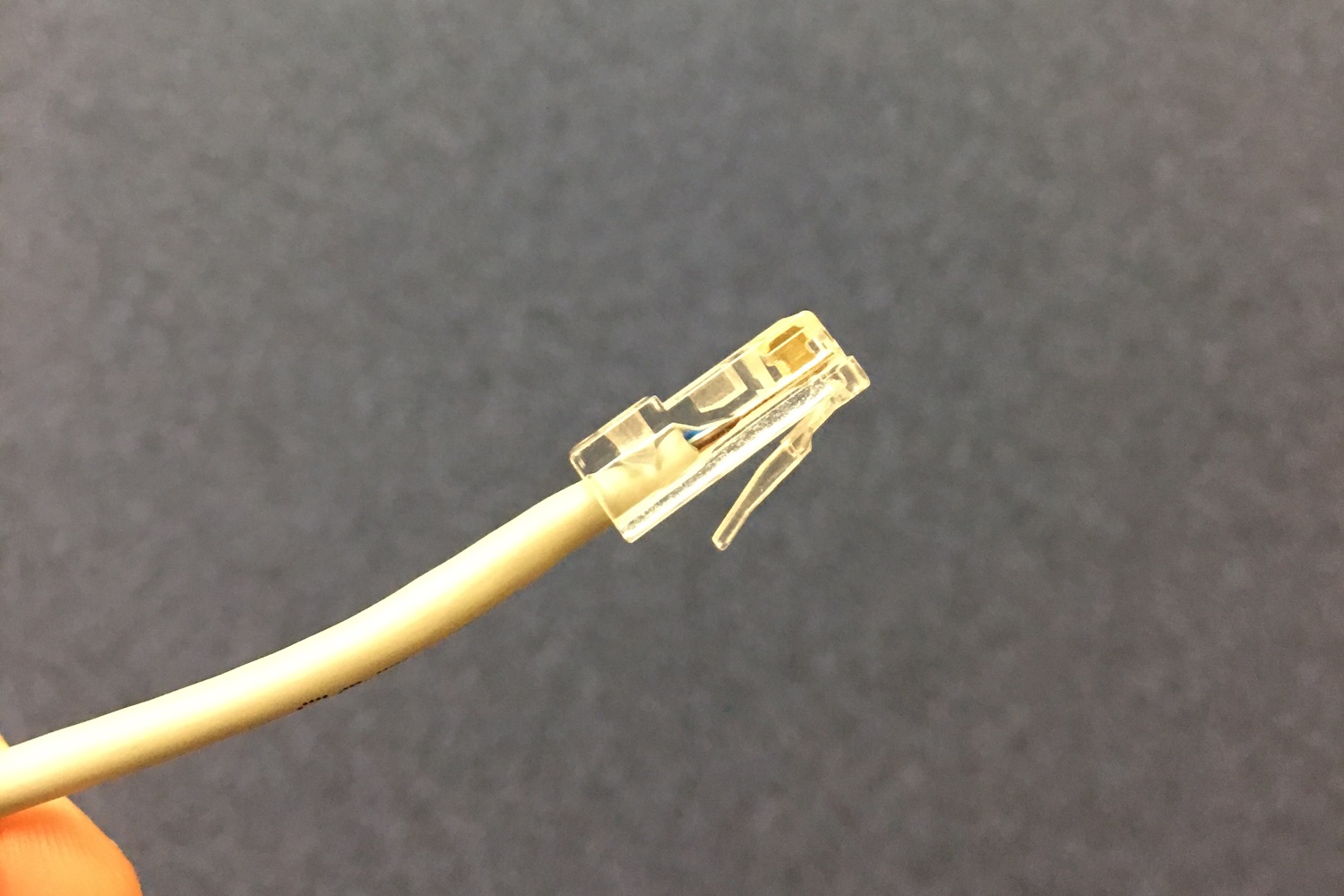
Ethernet is the fastest and most reliable way to get online, but if your connection suddenly stops working it could be down to your device, a faulty cable, or even the internal cabling in your room. In this article, we outline some troubleshooting steps you can follow to fix the issue and provide details on how to contact us if the problem persists. If your Wi-Fi connection is also down, open the Glide app and check the Service Status to see if any known issues are affecting your area.
Troubleshooting steps
Step 1: Check if Your Device is Logged In or Linked
|
When you first connect a new device, you should be automatically redirected to the Glide sign-in page where you can link it to your account. Make sure you’ve completed this step.
Using a device without a web browser?
Some devices (like smart TVs or game consoles) can’t sign in directly. In this case, you’ll need to manually add the device to your account using its MAC address.
|
 |
Step 2: Test All Available Sockets
|
Depending on your room, there may be more than one wall port. Not all ports are active, so try plugging your cable into each socket to rule out port issues.
|
 |
Step 3: Try a New Cable
|
Even if your current cable has worked before, it may have become damaged—and still appear to be in good condition. To rule this out, please try using a different Ethernet cable.
Don’t have a spare?
Visit your reception desk—they may be able to provide a cable for testing purposes.
|
 |
Step 4: Check for Port Damage
|
Inspect the LAN faceplate closely. Look for any visible cracks, loose parts, or other signs of damage.
If everything looks fine from the outside, gently open the flap of the LAN port using one finger (if it has one). This flap should push down easily. Check the following:
- Are the copper pins inside visible and undamaged?
- Does the cable click in securely when plugged in?
If you believe the port is damaged or loose, please contact the Glide Support Team: studentsupport@glide.co.uk
|
|
Step 5: Perform a Network Reset
|
A network reset can help resolve issues caused by incorrect or outdated network settings on your device. The steps vary depending on the device, but you can usually find them by searching online for "[Your Device] + Network Reset."
Windows (10 & 11)
- Open Settings
- Go to Network & Internet
- Scroll down and click Advanced network settings
- Select Network reset
- Click Reset now, then Yes to confirm
- Your computer will restart automatically
This will remove and reinstall all your network adapters and reset settings to default.
MacOS (Apple Computers)
- Open System Settings (or System Preferences on older versions)
- Go to Network
- Select your Ethernet or Wi-Fi connection
- Click the minus (-) icon to remove the network
- Click Apply
- Then, click the plus (+) icon to add it back
- Select Ethernet (or Wi-Fi), click Create, and then Apply
- You can also restart your Mac after this for a full refresh
|
|
Step 6: Winsock Reset (Windows only)
|
Windows only:
- Open Command Prompt as Administrator
- Type:
netsh winsock reset
- Press Enter and restart your computer
|
|
Contact the Service Desk
If the issue persists, we’ll need to speak with you to identify the best way to help with your connection. You can either call us on 0333 123 0115, or alternatively, email us with some details, and we’ll get back to you.
When sending an email, please include answers to the following questions to help us assist you more efficiently.
-
Is more than one device affected?
-
Have you tried a different cable?
-
Does the connection work outside your room? Does the device work anywhere else in the building?
-
Is the WiFi connection working?
-
Are you able to access some sites but not others e.g. google.co.uk does but bbc.co.uk doesn’t?
-
Are you being shown any warnings or messages from your operating system or within your internet browser?
We will endeavour to get in touch as soon as we can.



